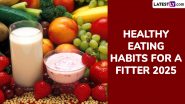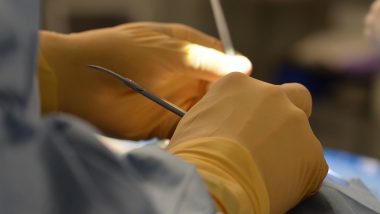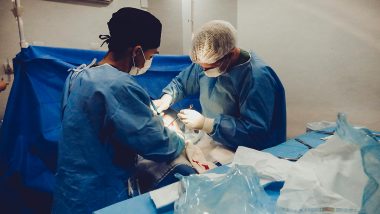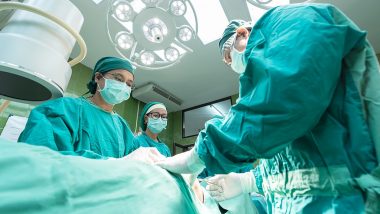Antibiotics are powerful medicines that help kill harmful germs that cause infectious diseases. But anyone who’s been on these drugs know how they can cause stomach problems like diarrhoea, cramps, etc. That’s because while the antibiotics kill the harmful bacteria, they also kill off the good ones responsible for maintaining your gut health. In the absence of good bacteria to keep a check on bad ones, the risk of inflammatory diseases and various bacterial infections rises. It is therefore important to follow some preventive tips to minimise some of the undesirable side effects of antibiotics. Your Antibiotic Abuse is Taking India to a Primitive Age Without Antibiotics, Says Experts.
Considering the big impact antibiotics have on your gut health, there are some steps you should take to minimise the side effects. Here’s what you should do:
Have Probiotics
Probiotics clean up the destruction antibiotics leave in their wake. These foods contain live bacteria, which are effective in the treatment of diarrhoea caused by antibiotics. Lactic acid bacteria such as Lactobacillus GG, S. boulardii, E. faecium, Lactobacillus acidophilus (L. acidophilus), and Lactobacillus bulgari are all effective against diarrhoea. These substances add live bacteria to your digestive system, which were destroyed by the antibiotics. Having probiotic foods or supplements along with your antibiotic regimen will only compliment the work done by the drugs and not interfere in their workings. World Antibiotics Awareness Week 2018: Themes and Objectives of The Week Dedicated To The Medicine and Antibiotic Resistance.
Avoid Dairy
Dairy products (not yoghurt) are notorious for making diarrhoea worse due to the lactose content. Also, some antibiotics don’t gel well with dairy products, affecting the absorption of the drug. It’s best to avoid milk and milk products for both these reasons. Experts opine that one should wait for up to three hours before eating or drinking anything made of dairy. Antibiotics Do More Harm Than Good.
Eat Easy-to-Digest Foods
Antibiotics are rough on the tummy. The least you can do at this time is to not tax it more by eating hard-to-digest foods. Opt for soft, chewable foods that won’t stress out the digestive system. Avoid foods with high fibre such as beans, salads, nuts, etc.
Your intestinal microbiota is a complex ecosystem of various microorganisms who affect your gut health. While antibiotics are powerful tools in fighting bacteria, they don’t differentiate between the good and bad ones in their war against infections. When the delicate ecosystem inside your stomach gets affected (antibiotics nukes the bacteria in your gut), it has a trickle-down effect. You face gastric issues like diarrhoea, which leads to a depletion of the good bacteria inside your gut. Soon enough, the development and regulation of the immune system gets affected and the risk of intestine-related diseases, such as IBDs and infectious diseases, increases. You are also at risk for diverse immunity-related disorders, such as allergic or atopic skin diseases and type 1 diabetes.
(The above story first appeared on LatestLY on Nov 12, 2018 05:04 PM IST. For more news and updates on politics, world, sports, entertainment and lifestyle, log on to our website latestly.com).













 Quickly
Quickly




















